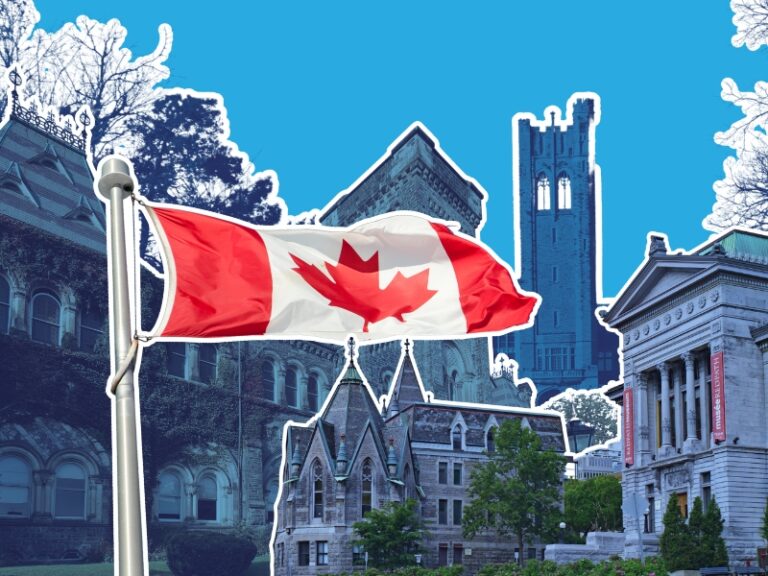Contact Us
[email protected]
Why UK MBAs Remain Valuable Post-Brexit for Global Talent

Despite Brexit, UK MBAs offer strong ROI through shorter programs, lower opportunity costs, and robust post-study visas compared with other markets.
- UK MBA applications from international students have risen since Brexit.
- A two-year post-study visa supports career continuity for graduates.
- Shorter program lengths reduce overall MBA cost and accelerate ROI.
Applications for top UK MBA programs have grown steadily, with schools reporting greater classroom diversity and strong interest from international students.
When the UK voted to leave the EU in 2016, many feared that MBA demand would decline due to stricter immigration policies, reduced employment opportunities, and the potential relocation of multinational companies. Yet, nearly a decade later, applications for top UK MBA programs have grown steadily, with schools reporting greater classroom diversity and strong interest from international students. Far from losing relevance, UK MBAs have positioned themselves as globally competitive, particularly in terms of value and return on investment (ROI).
Post-Brexit Opportunities for International Students
Brexit has created a shifting landscape for businesses in the UK, encouraging companies to expand beyond Europe and explore new global markets. This has heightened the need for international talent with diverse perspectives, especially in sectors like technology, healthcare, and consulting.
For MBA students, this demand translates into stronger career opportunities and greater chances to secure employment in high-growth industries. Employers increasingly value global perspectives, making international graduates vital to post-Brexit business transformation.
The UK’s Two-Year Graduate Visa Advantage
One of the most notable post-Brexit policy changes is the two-year Graduate Route visa (three years for PhD graduates), introduced in 2021. This gives international MBA graduates the opportunity to stay and work in the UK immediately after completing their degree.
Compared with the U.S., where H-1B visa sponsorship is uncertain, and with the EU, where work permits can be restrictive, the UK’s post-study visa offers a clearer, more reliable pathway to professional opportunities. Additionally, recent government reforms to the skilled worker visa process with faster processing times, fewer quotas, and simpler applications that further ease the transition from student to professional.
ROI: UK vs. U.S. and Europe
One of the UK’s strongest advantages is the shorter MBA duration. Most UK MBA programs last one year, compared with the traditional two-year U.S. model. This reduces tuition fees and halves the opportunity cost of being out of the workforce.
- Average UK MBA tuition: £45,000–£75,000
- Average U.S. MBA tuition: USD 120,000–150,000 (excluding living costs)
Time to ROI: UK MBAs often break even within 3–4 years, compared to 6+ years for many U.S. graduates.
Meanwhile, compared with continental Europe, UK programs benefit from London’s status as a global financial hub, with unparalleled access to multinational corporations, consulting firms, and investment banks. The density of corporate headquarters and startups in the UK gives graduates an advantage in networking and career placement.
Brexit reshaped the UK’s business environment, but it has not diminished the value of a British MBA. In fact, shorter programs, competitive tuition, improved visa policies, and the UK’s role as a global business hub make it a cost-effective and strategic investment compared with U.S. and European alternatives. For ambitious professionals, the UK remains one of the most resilient and rewarding MBA destinations in the world today.





